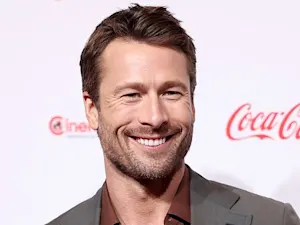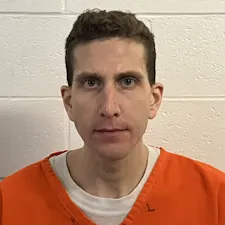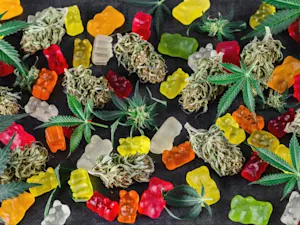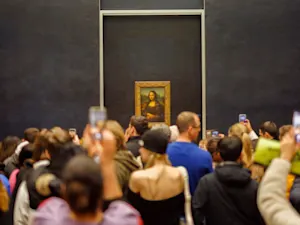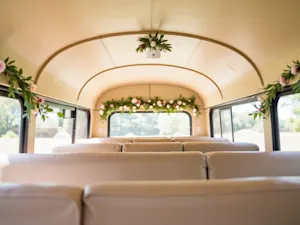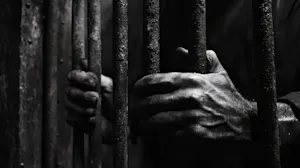
Did George Washington Invent Yelp® Reviews?
When we think of George Washington, we imagine a revered military hero, the first U.S. president, and a symbol of American independence. But what if we told you Washington was also one of the earliest, most candid reviewers of early American inns? As he journeyed through the new nation, he meticulously documented his experiences at various lodgings, leaving behind reviews that could easily rival today's most critical Yelp® posts.
Washington's Reluctance to Stay With Private Citizens
In 1789, as George Washington prepared to take on the presidency, he made a deliberate decision to avoid staying in private homes. Washington's concern was that accepting such hospitality might create an impression of favoritism. Instead, he opted to stay in public inns, a choice driven by his desire to remain impartial and to avoid inconveniencing private citizens.
A Gentleman on the Road — Or So He Hoped
Staying in public inns also fit with Washington's vision of a president who was accessible and egalitarian. However, this approach had its downsides. Washington soon discovered that the quality of accommodations in the fledgling nation left much to be desired. His diaries, filled with critiques of the inns he stayed at, reveal a man increasingly frustrated with the substandard conditions he encountered.
The Harsh Reality of Early American Inns
Washington's reviews, preserved in his diaries, document the poor state of many inns across the country. From Massachusetts to the rural South, he encountered inns that were, at best, mediocre. He noted the inferior quality of food, inadequate bedding, and general lack of cleanliness. Jstor Daily reports Washington saying that there was not "a single house which has anythg. of an elegant appearance."
Jstor Daily also reports that Washington brutally reviewed tavern after tavern. For example, Jacob's, in Thompson, is "not a good House" and Major Marvin's was deemed the same, "though the People of it were disposed to do all they cou'd." At Taft's, "the people were obliging, the entertainment was not very inviting."
Some of the inns still stand today. Christopher Leffingwell hosted Washington at The Leffingwell Inn as part of a visit to General Jabez Huntington. Fortunately, the inn has been renovated since the 1700s and currently has a 5-star rating on Yelp, although it is currently used as a museum.
 Thomas Leffingwell Inn, 348 Washington Street, Norwichtown by Jack Boucher. Public Domain.
Thomas Leffingwell Inn, 348 Washington Street, Norwichtown by Jack Boucher. Public Domain.
The Unexpected Legacy of Washington's Reviews
Washington's dissatisfaction played a significant role in improving American hospitality. Local leaders, embarrassed by the president's negative experiences, were spurred into action, leading to the establishment of more respectable inns and hotels. Washington's critical eye helped set higher standards for the fledgling country's hospitality industry, indirectly contributing to the development of the first American hotels.
George Washington's meticulous documentation of his travels provides a fascinating glimpse into the challenges of early American life. His reviews, though harsh, played a crucial role in shaping the country's hospitality standards. Washington may not have been the first Yelp reviewer, but his candid assessments certainly paved the way for future travelers.
References: George Washington's "Yelp Reviews" | The Inns Where George Washington Really Slept | "Spirits of Independence": Ten Taverns of the Revolutionary War Era | Leffingwell House Museum







